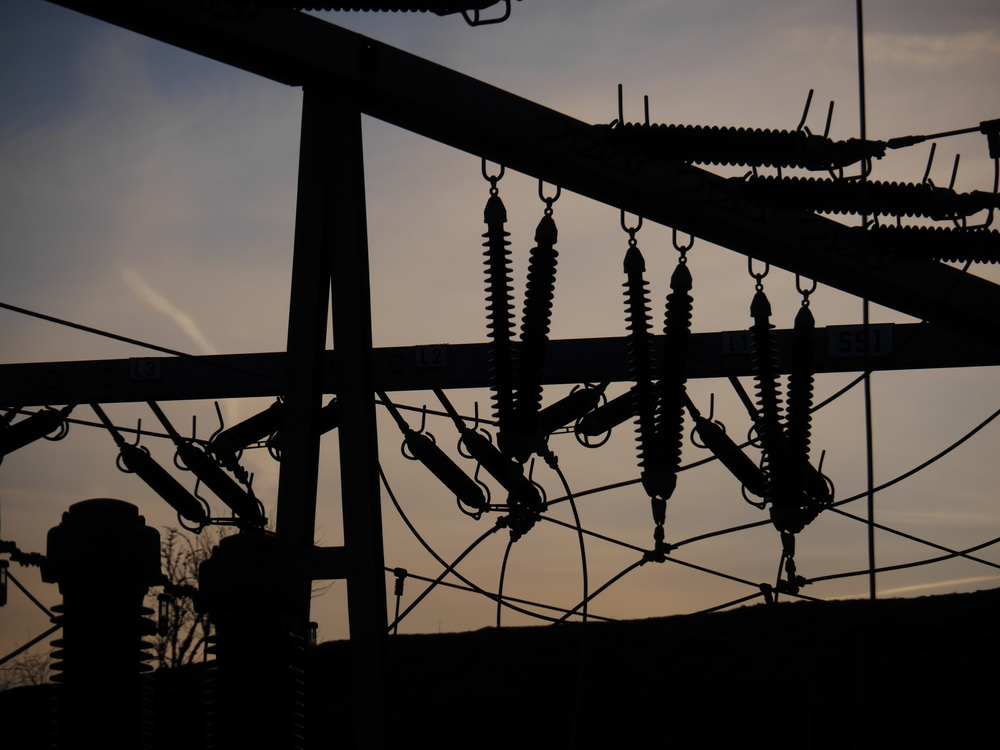Canada News
Groups go to high court in challenge of energy board’s approval process
VANCOUVER — Ten years ago, Abbotsford, B.C., resident John Vissers stood up at a National Energy Board hearing and testified about how construction of a proposed power plant might harm his mountainside neighbourhood.
“Yes it was slow and it was painfully boring, listening to hundreds of people give their testimony — heartfelt, personal.
But it was democracy,” he told reporters on Monday.
The property owner wants that same right now in speaking out against major infrastructure development, such as oil pipelines. He’s joining a group of environmental advocates petitioning Canada’s highest court to rule on a process they say limits their voices.
“What we’re seeing now is something I don’t recognize as Canadian at all.”
The coalition filed a legal action in the Supreme Court of Canada asking it to declare that the environmental hearing process that’s run by the quasi-judicial federal tribunal is unconstitutional.
The group contends that legislative changes made in 2012 unfairly restrict public participation in the pipeline debate, violating the charter right to freedom of expression.
The case appeals a Federal Court’s refusal to hear their application against the energy board, specifically relating to Kinder Morgan’s proposed Trans Mountain pipeline project. The lower court ruled in January without reasons, as is customary, after the energy board initially dismissed the motion last October.
Lawyer David Martin, who represents eight plaintiffs and the Forest Ethics advocacy organization, accused the energy board of adopting tunnel vision. He pinned blame on the Conservative government for the tact taken by the board.
“History suggests this outcome only occurs when some form of aberrant, anti-scientific ideology has somehow captured the legislative process,” he said while standing in front of a banner that read “Let us speak.”
More than 450 individuals and associations were denied participatory status among more than 2,000 applications to take part in the Trans Mountain review process in April 2014. Intervener status was granted to 400 applicants and another 1,250 were approved as commenters.
Two Vancouver-area mayors also criticized Kinder Morgan last month for failing to answer hundreds of questions — representing about half of their submissions — about its proposed $5.4-billion expansion during final round of board consultations.
Prominent environmental activist Tzeporah Berman called the process biased.
“The NEB needs to remember that they work for us, the taxpayer, and not for the oil companies,” she said. “Canadians deserve a balanced and a fair process that takes all critical issues into consideration.”
Both the energy board and the Department of Natural Resources refused comment while the case is before the courts.
But department spokesman Alain Cacchione said in an emailed statement the government only makes decisions on energy infrastructure “once a thorough, independent and science-based review is complete.”
The energy board on Monday posted a lengthy list of recent court challenges to its website, which includes a separate charter challenge ruling that denied some applicants participation in hearings relating to the approval of expansion of the Enbridge Line 9B from Ontario to Montreal.
The website states the board decides on a “case-by-case basis” who will be granted status based on a category of “sufficient impact.”
“The Board will consider the nature of your interest, and whether you have specific and detailed interest, rather than a general public interest.”
Protests decrying pipelines have mounted across the country over the past year, with activists often calling out the energy board in their complaints.
Demonstrations have included several months of round-the-clock protests on Burnaby Mountain, east of Vancouver, over Trans Mountain’s proposed pipeline expansion and against the Energy East Project out of Halifax.
In late January, the board’s chairman launched a cross-Canada tour in which he said he’s meeting directly with interested Canadians with the intention of improving its pipeline safety program.






















